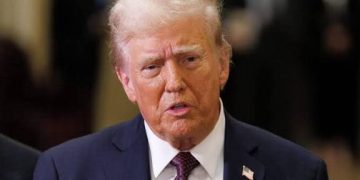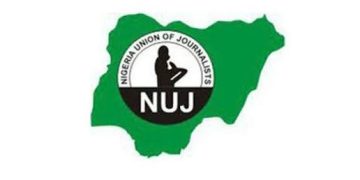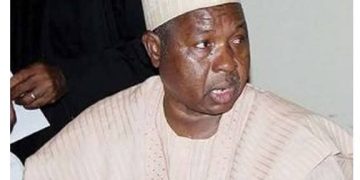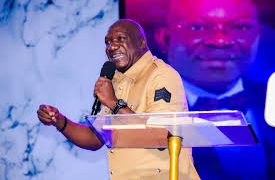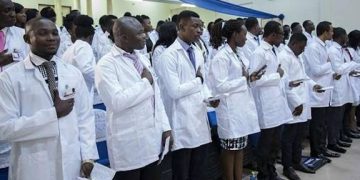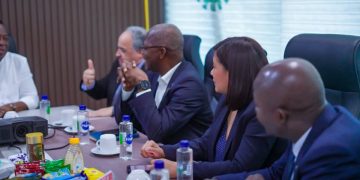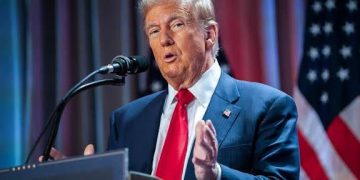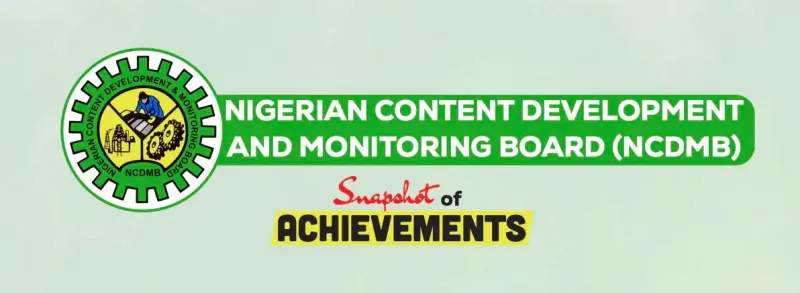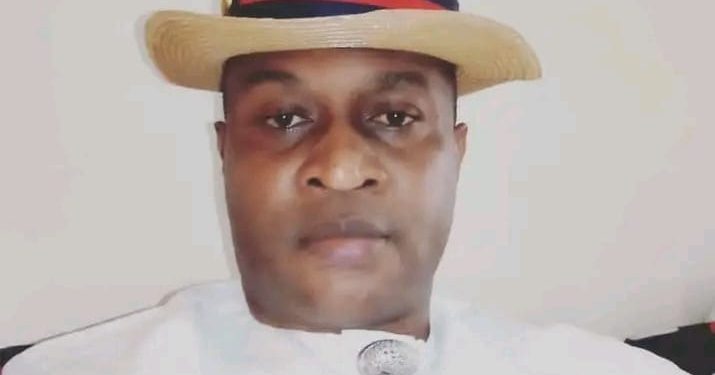Freedom can’t be overemphasized it can’t be bought through crafty means. It must be earned through truth, accountability, and compassion. Just as Beethoven’s Symphony No. 9 leads its listeners on an emotional journey from struggle to triumph, culminating in the timeless “Ode to Joy,” a hymn celebrating universal brotherhood and hope, so too should the pursuit of justice in our nation echo those ideals of freedom, equality, and unity.
The recent presidential review of the national pardon list is a step that evokes both relief and reflection. It shows, at least in part, that the current administration is beginning to hear the people’s concerns. However, while commendable, this response is not enough. Nigerians are asking for more transparency, accountability, and fairness particularly in determining who truly deserves mercy under the law.
Some prisoners, serving lighter sentences or suffering from mitigating circumstances, may indeed deserve clemency. Yet, questions linger about the source and compilation of the original pardon list. Was it drawn up in good faith, or does it serve the interests of a privileged few? The public deserves clarity.
It is worth recalling that a presidential pardon is not a trivial act. It carries profound legal and moral weight. By granting a pardon, the President effectively removes all remaining legal punishment, restoring an individual’s federal civil rights, such as the right to vote, lost as a result of a conviction. It is, in essence, a symbolic rebirth, much like a “born-again” moment in which all sins are forgiven.
President Bola Ahmed Tinubu recently ordered a comprehensive review of the list of pardons granted during the National Council of State meeting held on October 9, 2025. In a statement released by the Special Adviser to the President on Information and Strategy, Bayo Onanuga, the Presidency explained:
“Consequently, certain persons convicted of serious crimes such as kidnapping, drug-related offences, human trafficking, fraud, unlawful possession of firearms/arms dealing, etc., were deleted from the list. Others who had been hitherto pardoned in the old list had their sentences commuted.”
According to the statement, the decision followed consultations with the Council of State and consideration of public feedback, in line with the President’s discretionary powers under Section 175(1) and (2) of the 1999 Constitution (as amended).
The Presidency further clarified that this action was necessary “in view of the seriousness and security implications of some of the offences, the need to be sensitive to the feelings of the victims of the crimes and society in general, the need to boost the morale of law-enforcement agencies, and adherence to bilateral obligations.”
In essence, justice was viewed as “a three-way traffic” balancing the rights and dignity of the accused, the victim, and the state.
However, the Nigerian Bar Association’s Section on Public Interest and Development Law (SPIDEL) has expressed grave concerns. The group described the initial pardon as “a grave error of judgment,” warning that “granting mercy to a convicted murderer sends the wrong signal about accountability and deterrence.”
An official gazette dated October 23, 2025, released by the Attorney General of the Federation, confirmed that the revised list had reduced the number of beneficiaries from 175 to 120. Several high-profile names, including convicted killer Maryam Sanda, were reclassified under reduced terms of imprisonment rather than a full pardon.
Human rights lawyer Inibehe Effiong also criticized the President’s handling of the issue, suggesting deeper problems in the decision-making process.
“What this speaks to,” Effiong argued, “is that either this was done intentionally to send a message to Nigerians that, as far as the issue of pardon is concerned, these are the categories of offenders that the President has interest in, or those who have responsibility to advise the President may have either been compromised or grossly incompetent.”
This moment calls for sober reflection. While it is praiseworthy that the President has shown responsiveness by revising the list, the controversy raises a legitimate question about the process behind such high-stakes decisions. Were they made in the true spirit of justice or influenced by convenience, politics, or privilege?
As Beethoven’s choral finale reminds us, the triumph of joy and freedom can only emerge when harmony is achieved among all voices. Likewise, in the orchestra of governance, no man should be left behind. The melody of justice must ring true for the victim, the accused, and the nation alike.
Daniel Nduka Okonkwo is a seasoned writer, human rights advocate, and public affairs analyst, widely recognized for his incisive commentary on governance, justice, and social equity. Through his platform, Profiles International Human Rights Advocate, he has consistently illuminated critical social and political issues in Nigeria and beyond, championing accountability, transparency, and reform. With a portfolio of more than 1,000 published articles available on Google, Okonkwo’s works have appeared in prominent outlets such as Sahara Reporters and other leading media platforms. Beyond journalism, he is an accomplished transcriptionist and experienced petition writer, known for his precision and persuasive communication. He also works as a ghostwriter and freelance journalist, contributing his expertise to diverse projects that promote truth, integrity, and the protection of human rights.



